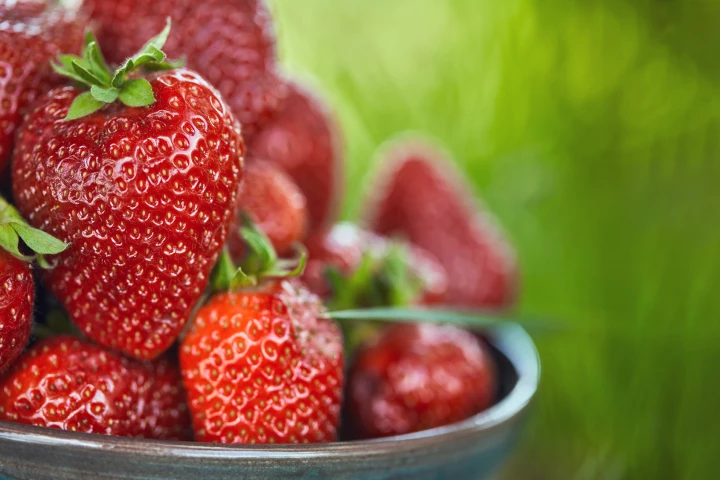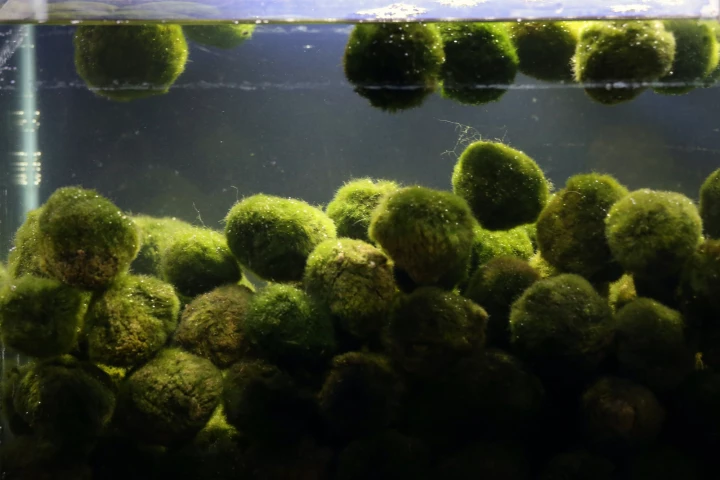Tokyo University of Science
-
New research has found that a chemical abundant in fruits, vegetables and plant products can suppress the immune response seen in food allergies. It paves the way to developing a natural treatment for this globally increasing problem.
-
Stress and depression often go hand-in-hand. Now, new research has discovered that the antidepressant agent KNT-127 can also reduce stress levels. This opens the door to the development of treatments that can alleviate both depression and stress.
-
In Hokkaido, Japan's winter months, harmless underwater algae balls are protected from death by an ice shield. That shield is expected to thin thanks to global warming, causing the balls to join the list of species threatened by climate change.
-
Researchers at the Tokyo University of Science have demonstrated a low-cost and highly promising form of nanoparticle technology, using corn and water as a starting point for a novel "bionanoparticle" that suppresses tumor growth in mice.
-
Intriguing new preclinical research has found targeting opioid receptors in the gut could be a new treatment for inflammatory bowel disease. The research builds on early evidence showing a relationship between opioids and immune cell function.
-
Scientists in Japan have developed a versatile new hydrogel that can be packed with cancer-fighting drugs and triggered to release their payload in response to temperature and pH changes in the tumor microenvironment.
-
Scientists at the Tokyo University of Science have used rust as a catalyst in light-assisted hydrogen production from organic waste, finding it produces 25 times more hydrogen than previous titanium dioxide catalysts.
-
Researchers at Japan's RIKEN Center for Developmental Biology have created skin tissue complete with sebaceous glands as well as hair follicles. They started with mouse gums.
-
Researchers from the Tokyo University of Science have found pyrolyzed sucrose to be a surprisingly effective material for the anode of sodium-ion batteries.
-
Japanese scientists have induced the natural hair growth cycle in hairless mice through the implantation of bioengineered hair follicles.









